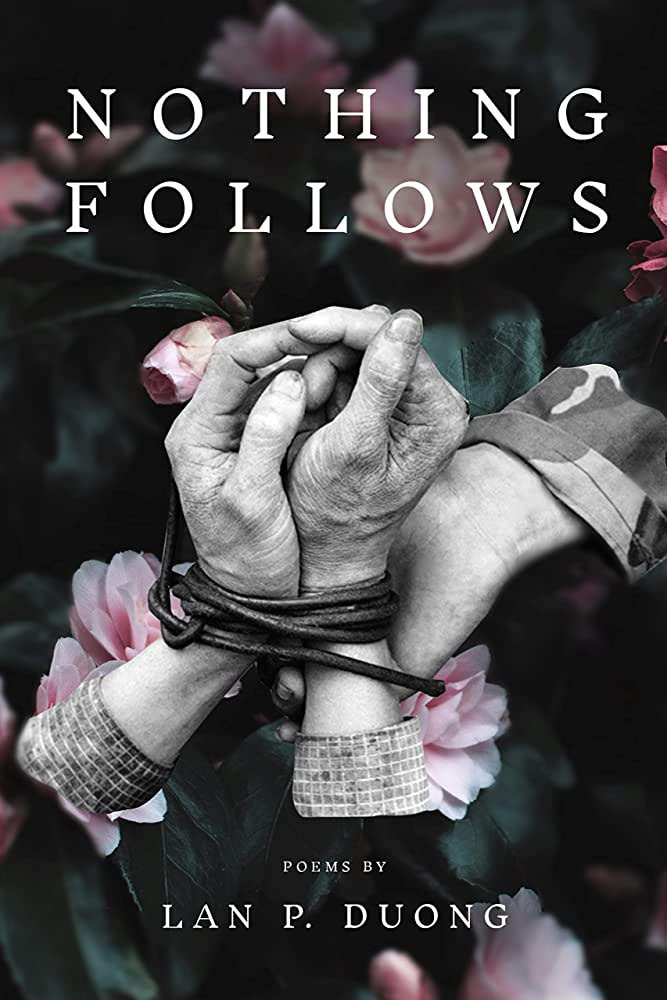Lan Duong
Biography
Lan Duong is Associate Professor in Cinema & Media Studies at the University of Southern California. She is the author of Treacherous Subjects: Gender, Culture, and Trans-Vietnamese Feminism (Temple University Press, 2012). Dr. Duong’s second book project, Transnational Vietnamese Cinemas and the Archives of Memory, examines Vietnamese cinema from its inception to the present day. Her research interests include feminist film theory, postcolonial literature, and Asian/American film and literature. Duong’s critical works can be found in Signs, MELUS, Journal of Southeast Asian Studies, Journal of Asian American Studies, Inter-Asia Cultural Studies, Amerasia, Asian Cinema, Discourse, Velvet Light Trap, and the anthologies, Transnational Feminism in Film and Media, Southeast Asian Cinema, Recollecting Vietnam, and Gendering the Transpacific. She has coedited an award-winning anthology called Southeast Asian Women in the Diaspora: Troubling Borders in Literature and Art (University of Washington Press, 2013). Duong is a Founding Member of the Critical Refugee Studies Collective. She currently serves as the website editor for the group (www.criticalrefugeestudies.com) and is co-editor for the series, Critical Refugee Studies, at the University of California Press.
Books

The title of this debut collection, Nothing Follows, is reappropriated from a government document establishing the beginning of a refugee family’s time in the United States. At every coordinate of their lives, the refugee family provides affidavits, letters, and reams of paperwork as they work to beseech those in power to grant them “family reunification” visas for those they had to leave behind in 1975 after the fall of Saigon.
Nothing Follows draws from the genres of memoir and poetry. Written from a young girl’s perspective, the center of this world is a military father, an absent mother, sisters who come and go, broken brothers, and friends she meets in San José.
With each place the book travels through—from Butler, Pennsylvania, to San José, California—we see that racism, objectification, and sexual violence permeate the realities of the narrator and those close to her. In marking the journey, Lan Duong recreates the portraits of the girl’s friends and family and maps out refugee girlhoods.
Spiked with violence, pleasure, and longing, these refuges are questionable sanctuaries for those refugee girls who have grown up during the 1980s in the aftermath of war
